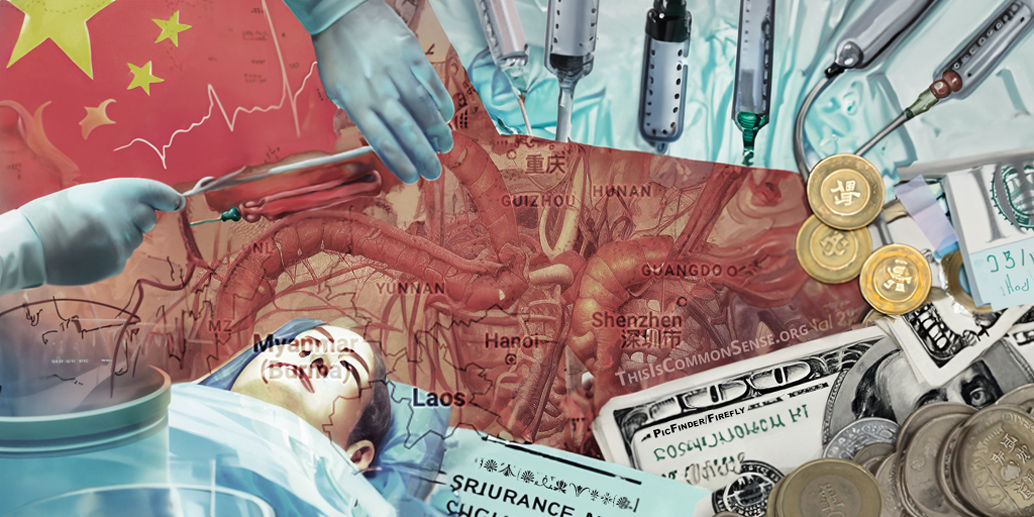The market for organ transplants faces extreme supply problems. One is not allowed to sell one’s own organs, and even if it were legal to do so, the ethical and legal problems are obvious, since most organs are not optional. We have two kidneys and two eyes, for example, and can do with just one each, but others we must have to live. Now most organs come from those who donate their organs for harvesting after death (at which point they are no longer needed). And this makes getting patients replacement organs quite tricky, since organs are not fungible.
But there is one source for ready organs: China. But there the supply problems have a workaround: the government and its clandestine businesses simply take them from prisoners, criminal and dissident and persecuted alike.
Related to this is Delaware’s House Concurrent Resolution No. 143, which seeks to “encourage the Delaware medical community to educate the citizens of Delaware about the forced organ harvesting that occurs in China, in the event they decide to travel to China for an expedited transplant.”
Among the resolution’s many Whereases are:
- extensive and credible reports have exposed the People’s Republic of China’s engagement in the vile practice of forcibly removing human organs for transplant; and
- this practice violates not only ethical guidelines of medicine but also Chinese tradition that requires bodies to be preserved after death, which contributes to the country’s deficient registration for organ donation; and
- the Chinese government claims that ninety percent of organ transplant sources come from executed prisoners; and
- in 2016, a bombshell investigative report, estimated that China is performing sixty thousand to ninety thousand transplants per year which disputes China’s claim that they conduct only ten thousand transplants per year; and
- this evidence suggests that deceased prisoners’ organs are being removed without their consent and prisoners are possibly being murdered based on the organ market’s demand; and
- nonemergency cases were quoted in weeks, while in other countries, patients can wait years for a transplant; and
- this evidence suggests that deceased prisoners’ organs are being removed without their consent and prisoners are possibly being murdered based on the organ market’s demand; and
- both American and Chinese media outlets have reported instances of American patients traveling to China for organ transplants due to the significantly shorter wait times.
A report on this resolution appeared in The Epoch Times: “On June 20, the Delaware House of Representatives unanimously passed a resolution condemning the Chinese regime’s lucrative industry of forced organ harvesting. The resolution aims to raise awareness about the risks associated with traveling to China for expedited organ transplants.”
The subject of the Chinese organ harvesting horror has been covered by Paul Jacob previously, including in April.

1 reply on “The Chinese Organ Market”
I reiterate that we are not merely considering a region in which murderous organ harvesting takes place; that all the institutions in China performing transplants are extension of the state that effects such horrific harvesting.